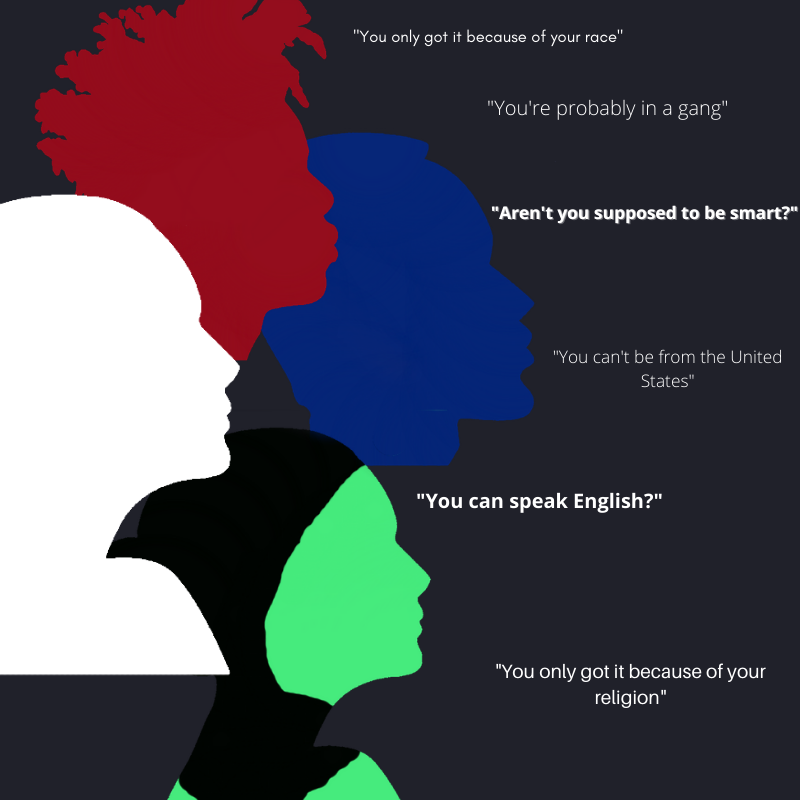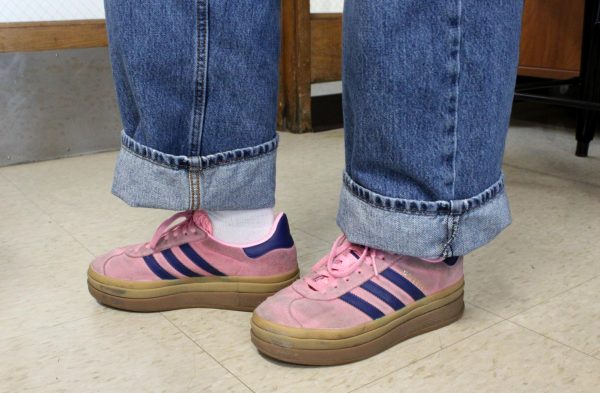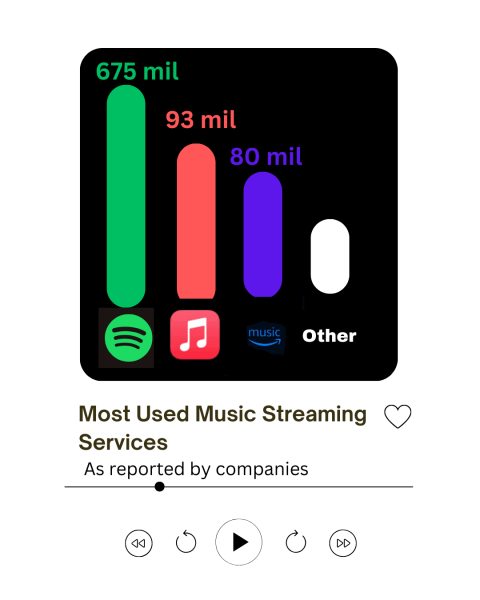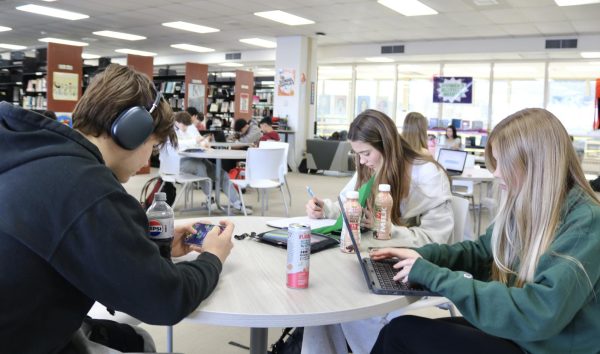The Detrimental Effects of Microaggressions, Starting with the Word Itself
As a second-semester senior, the college application process has come with acceptances and rejections. I have learned to keep my college admissions details private, though, as when I told two individuals about my dream college rejection, they both said, “You’re Muslim. How didn’t you get in?” When I told someone about a presidential scholarship I earned, I heard, “You’re Muslim, of course you’re going to get it.”
Yes, I got many “congratulations” and many “I’m sorry, that college is missing out”-type responses, but the microaggressions mentioned above have stuck with me most because my own religion card was played for me in the convenience of others.
A microaggression, as defined by Oxford Languages, is the “indirect, subtle, or unintentional discrimination against members of a marginalized group.”
Microaggressions can cause a whirlwind of emotions: anxiety, frustration, anger, sadness, and confusion. Even the word “microaggression” itself frustrates me, as it downplays any act of unintentional racism through the ideology of they didn’t know better, justifying ignorance. Specifically, the prefix “micro-” makes me feel powerless or that I have no right to be upset, as it’s defined as “very small” ー something not worth getting upset over because it’s not a big deal.
Unintentional or intentional, microaggressions are acts of racism, and we all must recognize the harm they cause.
For the rest of this story, I will be addressing “microaggressions” as “racist abuse,” a phrase coined by Ibram X. Kendi in his book “How To Be An Antiracist.” That way, we are not shying away from the word “racist” and instead truly recognize what microaggressions really are and the pain they cause.
As a person who has experienced both blatant racism and acts of racist abuse, I can emphasize that the resulting pain is almost the same.
Implicit biases exist within all individuals. That’s a harsh reality of our society. Many biases are associated with stereotypes; these stereotypes can be related to race, religion, gender, hair color, tattoos, clothing or more. The question is not whether these implicit biases exist but whether we are actively combating them or not.
I fully recognize that the people who connected my religion to my college rejections or acceptances meant no harm and that it was their implicit biases leading to this racist abuse. But let’s be honest, racist abuse is racism. If they meant no harm, they still hurt me. It invalidated all my accomplishments and made it seem like my headscarf was the only part of my identity, even when I worked so hard for it to not be the only thing people see.
When this abuse occurred, I should have told them the hurt their statement caused, but I did not. Why?
I was tired of proving myself to individuals who are not even trying to combat their implicit biases. I was tired of having to explain why I got rejected as if something was wrong with me. And I was tired of knowing that this would not be the last time where I am simply seen as a member of a marginalized group who finally did not get something or finally got something because of my religion.
As more colleges come out with admission decisions, I know that there are only a few people I can trust with this information.
I wish that wasn’t the case.
I wish I could celebrate my accomplishments with my peers, but I fear the racist abuse that could accompany their response directly towards me or behind my back to my friends. I fear putting myself through another incident of confusion, anxiety, and exhaustion. But more importantly, I fear having to go through the process again of having individuals out there who choose, at their convenience, when it’s good to be a Muslim.
That’s my reality.











